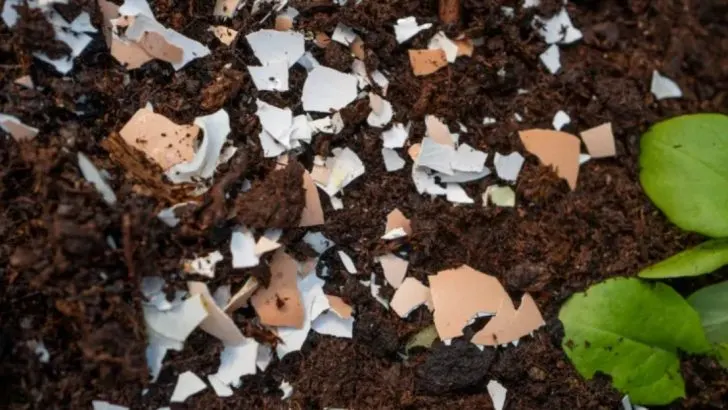Gardening is full of advice passed down through generations, but not all of it is rooted in fact. Many myths persist despite being debunked by science, and they often lead gardeners to adopt practices that aren’t as effective—or even harmful—to their plants. Whether it’s the best time to water your plants or the proper way to prune, these misconceptions can impact your garden’s health and productivity.
In this article, we’ll tackle 12 of the most common gardening myths that people still believe, and we’ll show you why science says they’re simply not true. From the notion that pruning encourages more blooms to the idea that using coffee grounds will acidify your soil, these myths have been busted, but they continue to pop up in gardening circles. Get ready to separate fact from fiction, and discover the science-backed truths that will help you grow a healthier, more successful garden.
Myth 1: Talking to Plants Helps Them Grow
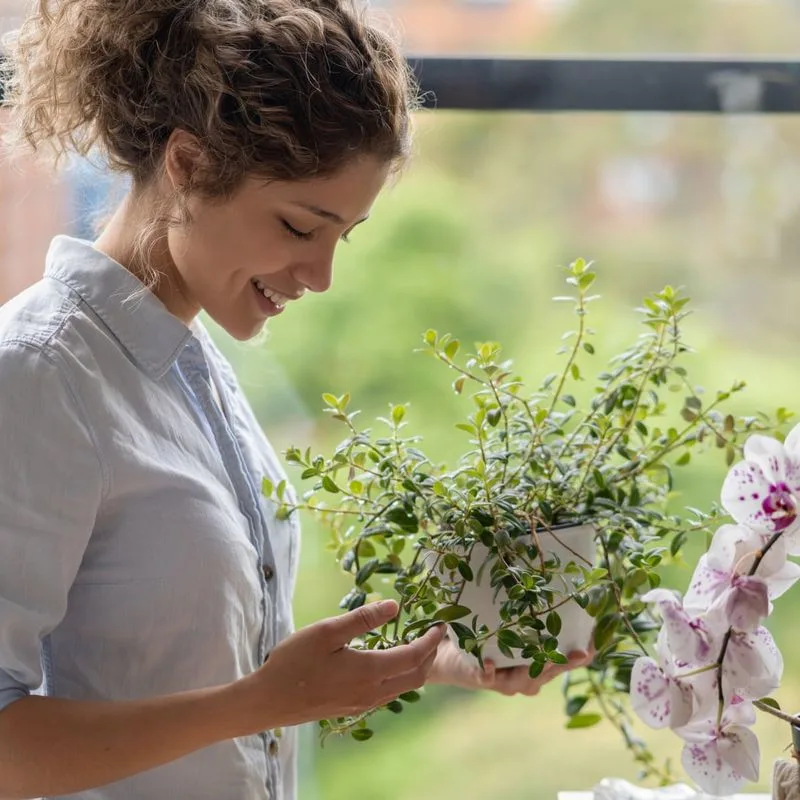
The notion that chatting to your plants can spur their growth is more romantic than factual. While researchers have explored the idea, the consensus is that plants respond to physical care rather than conversation. The vibrations from a human voice are not what spur growth, but rather factors like water, sunlight, and nutrients. So, while it’s delightful to share your day with your daisies, they won’t necessarily bloom better because of it.
Myth 2: Adding Sand to Clay Soil Improves Drainage
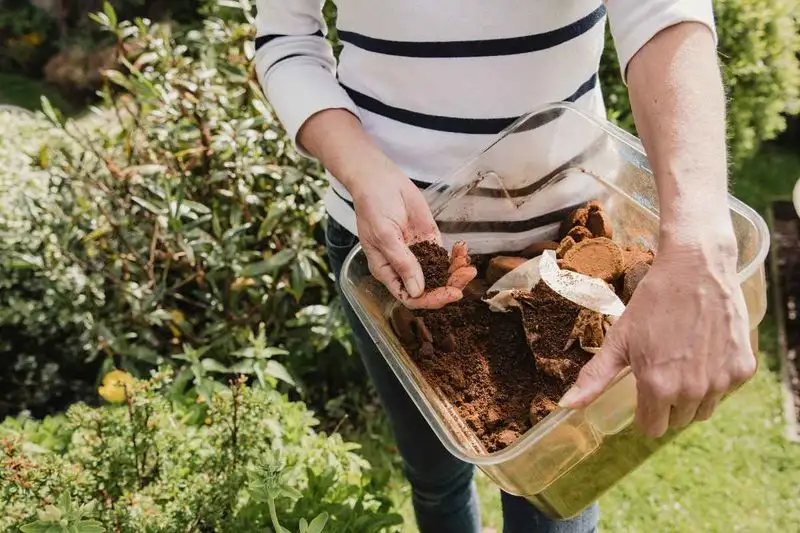
Mixing sand into clay soil is a common recommendation for improving drainage, yet this combination can lead to cement-like conditions. Instead, incorporating organic matter such as compost is a scientifically proven method to enhance soil structure. Clay particles bind tightly, and adding sand merely fills gaps, worsening compaction. Focus on enriching the soil with natural materials to foster a more hospitable environment for plant roots.
Myth 3: Watering Plants in the Sun Scorches Leaves
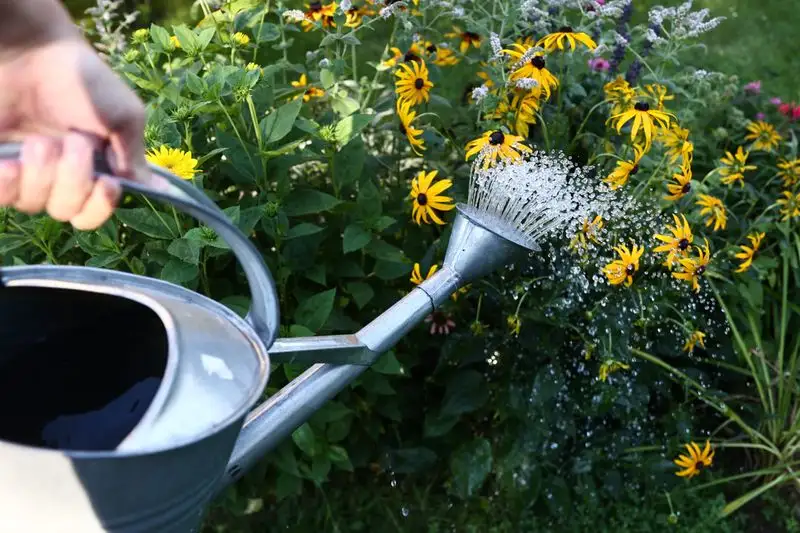
Many believe watering plants under the sun causes leaf burn due to water droplets acting like magnifying glasses. However, scientific studies have shown this is mostly untrue. Leaf scorch is more likely from inconsistent watering or nutrient deficiencies. Watering in the morning allows moisture to reach roots before evaporation, supporting healthier plants. Understanding the actual causes of leaf damage helps maintain flourishing foliage.
Myth 4: Young Trees Need Staking for Support
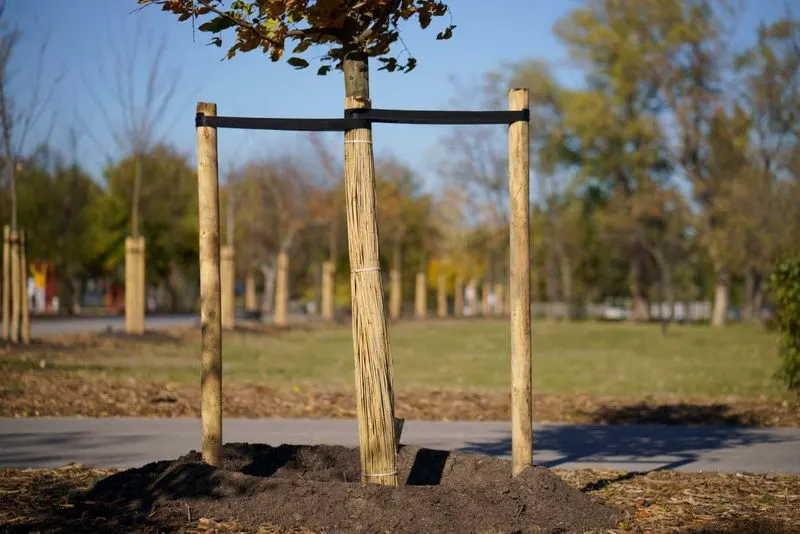
Staking is often practiced to support young trees, yet improper staking can hinder natural growth. Trees develop stronger trunks and root systems when they sway in the breeze. Encourage resilience by staking only when necessary and for a limited time. Over-staking can create dependency, weakening the tree’s ability to stand on its own. Let trees dance in the wind to build their strength naturally.
Myth 5: Epsom Salt is a Cure-All for Plants
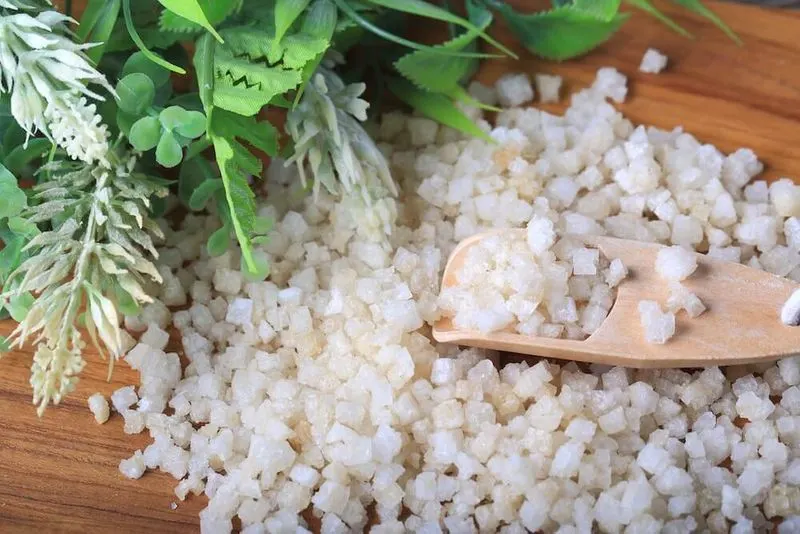
Epsom salt is hailed as a universal remedy, but its effectiveness is limited. Composed of magnesium sulfate, it’s beneficial only for plants deficient in these nutrients. Excessive use may harm the soil and plants. A soil test can determine if your garden truly needs additional magnesium. Rely on specific, scientifically-backed solutions rather than one-size-fits-all methods for a thriving garden.
Myth 6: Coffee Grounds Acidify Soil
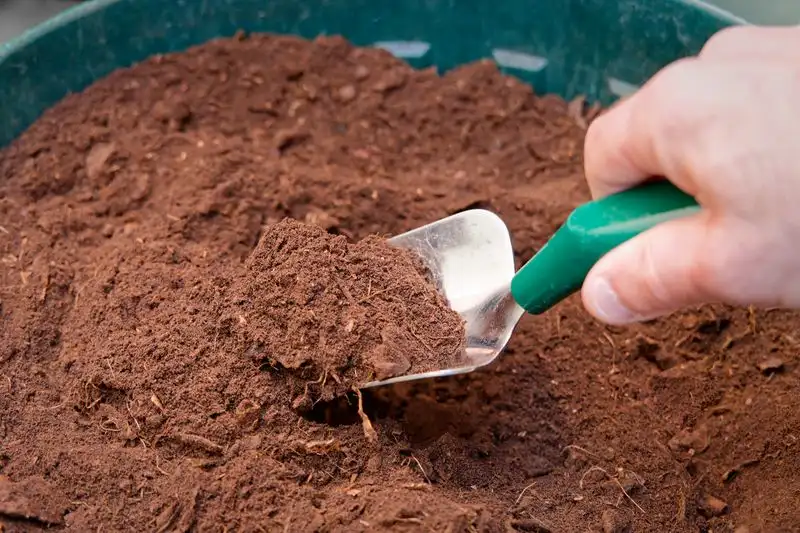
Coffee grounds are often used with the hope of acidifying soil, but their actual impact is minimal. While fresh grounds are acidic, used ones are near neutral and best serve as a slow-releasing nitrogen source. For significant soil pH changes, consider sulfur or other amendments. Adding coffee grounds to compost enriches organic matter, enhancing soil health without altering acidity notably.
Myth 7: Plants Don’t Like to Be Touched
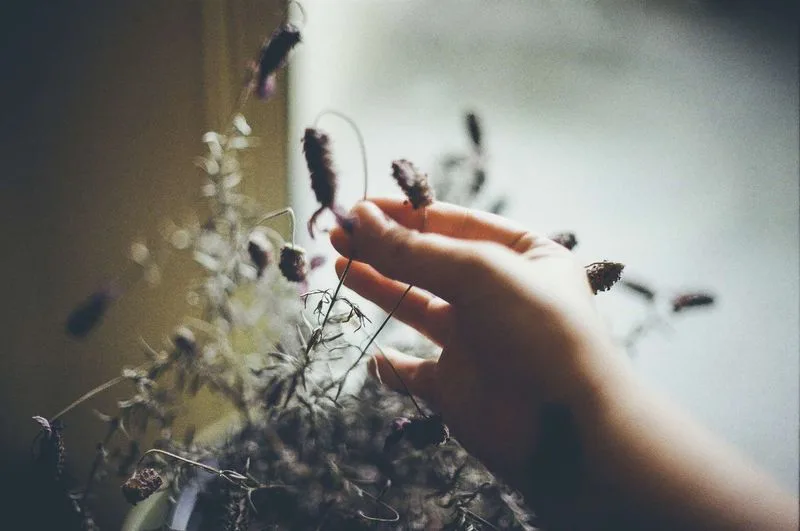
There’s a belief that plants dislike being touched, but moderate interaction can be beneficial. Physical contact can stimulate growth by promoting stronger, more resilient structures. However, excessive handling or rough treatment may damage delicate plants. Understanding your plants’ preferences and interacting gently can enhance their overall health. Hands-on care, when done right, is another tool in the gardener’s kit.
Myth 8: Boiling Water Kills All Weeds
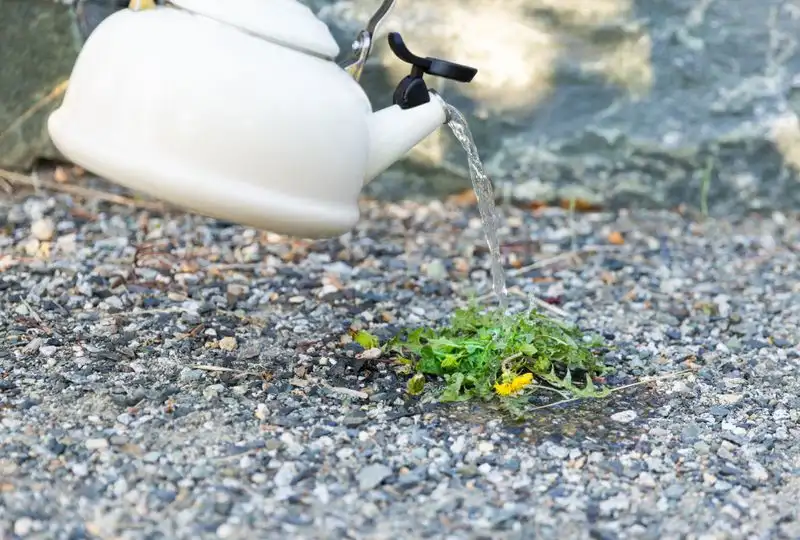
Using boiling water for weed control might seem simple, but it’s more effective on young, small weeds. Mature weeds with extensive roots may survive this treatment. The method is labor-intensive and requires caution to avoid harming desirable plants. While boiling water can be part of your weed management strategy, it shouldn’t be the sole solution. Consider combining it with other techniques for comprehensive control.
Myth 9: More Fertilizer Equals Better Growth
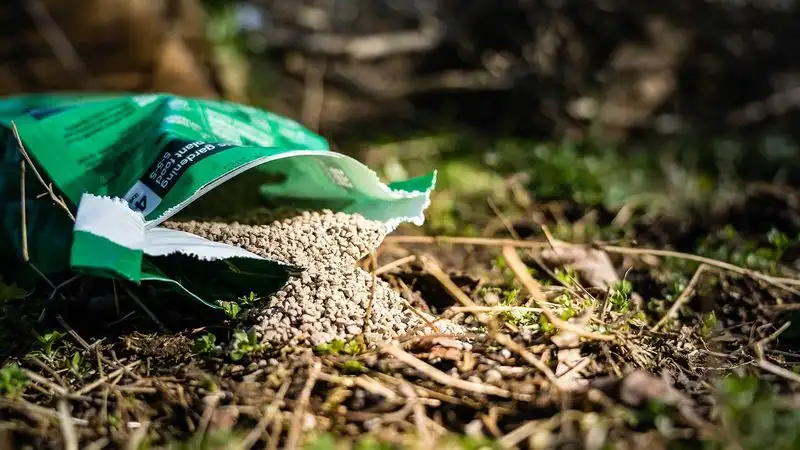
Over-fertilizing can do more harm than good, as excess nutrients may leach into waterways, causing environmental damage. Plants need balanced nutrition; more is not always better. Conduct soil tests to tailor fertilization to your garden’s needs. Responsible use promotes healthier plants and minimizes adverse effects on the ecosystem. Remember, moderation and precision are key in fertilizing practices.
Myth 10: Crushed Eggshells Deter Slugs
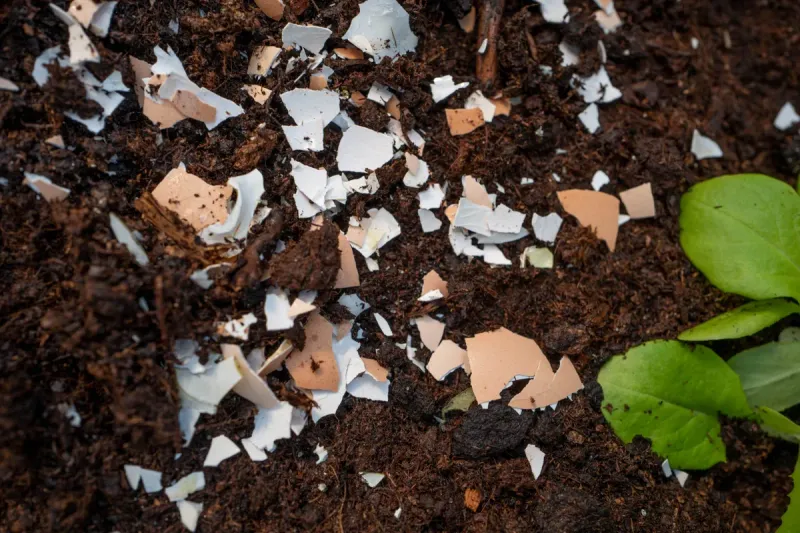
Crushed eggshells are touted as a slug deterrent, believing their sharp edges discourage these pests. However, scientific evidence suggests their effectiveness is minimal. Slugs can bypass the barrier, especially if moist conditions prevail. Emphasize other methods such as barriers or natural predators for effective slug control. Eggshells can still benefit the garden as a calcium source in compost.
Myth 11: Drought-Resistant Plants Don’t Need Water
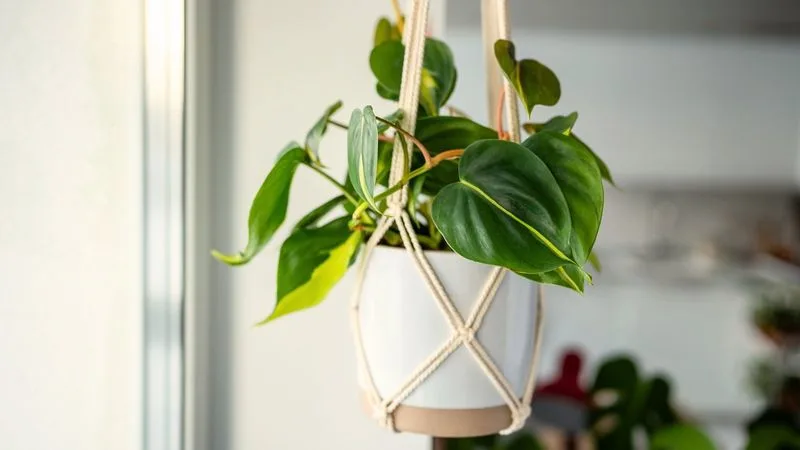
Drought-resistant plants are adapted to survive with less water, yet they still need occasional hydration. Ignoring their water needs can stress the plants, reducing their resilience and beauty. Understanding specific watering requirements ensures that even these hardy varieties flourish. Provide deep, infrequent watering to support their health and longevity, especially during prolonged dry spells.
Myth 12: Home Remedies Are Always Safe for Plants
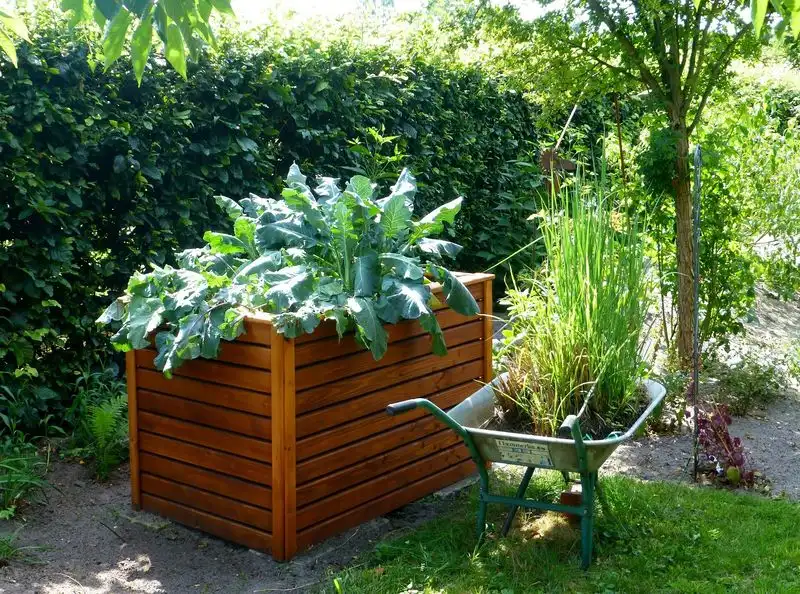
Many home remedies are used in gardens with the belief they’re natural and safe. Yet, without proper understanding, they can harm plants or soil. Household items like vinegar or baking soda may disrupt pH balance or cause unintended damage. Always research and test on a small area before widespread application. Opt for proven solutions and expert guidance to ensure your garden thrives safely.

